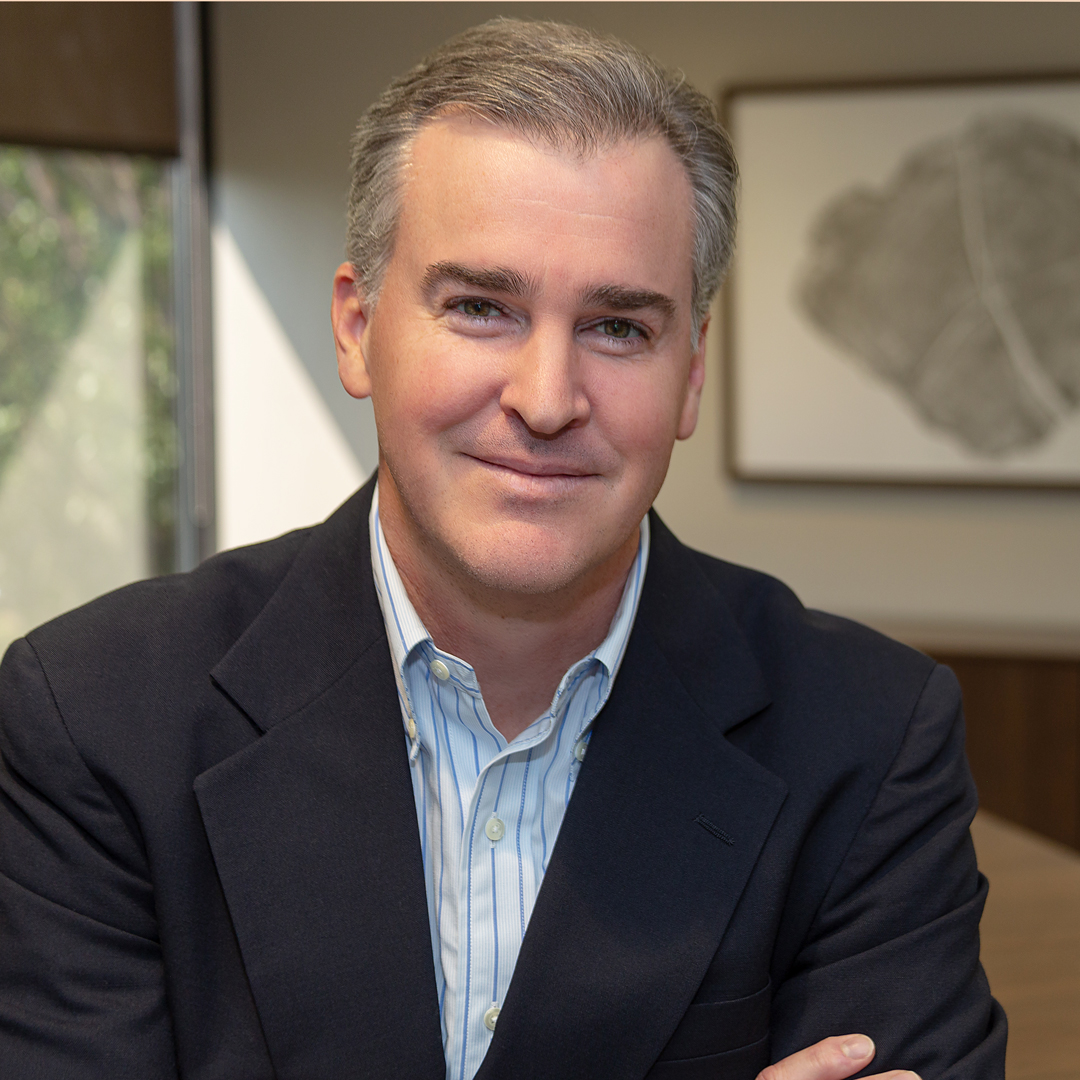Going in-house, for many lawyers, can be a brief stop at a firm before going across the aisle. Some even transition directly in-house out of law school, unworried about gaining the experience traditionally regarded as essential to seeing “both sides” of the outside-inside counsel relationship. Avisheh Avini took a different path.
The chief legal officer (CLO) at Union Square Hospitality Group (USHG) since 2016 had more than fifteen years of firm experience focused on M&A and capital markets prior to assuming her role with the hospitality company, which boasts twenty-eight James Beard awards. “I really enjoyed private practice,” Avini says. “I just enjoyed being a lawyer, and that time obviously helped me develop my style.”
The precise specification of Avini’s leadership style comes easy by way of some recent effectiveness assessments the legal team recently underwent at USHG. “I was described as calm, confident, and collaborative,” Avini recounts. “Coincidentally, that’s exactly how I would describe my legal department.”
The CLO says that when dealing with a crisis or strategy session, remaining calm often unlocks the other two of those necessary c’s. “If you’re nervous, that’s what is going to get translated,” Avini says. “You want to instill confidence in those around you so that your advice is well-received.”
Nourishing Both Sides of the Brain
Prior to moving into law, Avisheh Avini thought she might pursue a PhD in art history. It’s a passion that remains to this day. “I try and nourish my soul through beauty,” Avini says. At the time of speaking, Avini was preparing for a two-day modernist design class at Christie’s in London, including museum visits and an auction. “I love maintaining my studies and trying to constantly develop both sides of my brain,” the lawyer says.
Avini’s calm nature is evident in her voice, but she says working collaboratively is something that came a little less naturally from her firm days. “When you’re in-house, you’re not sitting in isolation coming to a legal conclusion, delivering that to a client and moving on with your day,” she explains. “One of the biggest lessons I’ve learned is that to be effective, you have to be collaborative, which means that not only do you have to take into consideration different perspectives to get the best result, but you need buy-in to develop an effective strategy.”
She says those negotiations are taking place in every aspect of her role, every single day, and it’s an approach she encourages her team to take as well. Partnering with the business means transitioning from being a legal advisor to a strategic advisor—shifting your frame of mind from just focusing on the legal advice to taking into account the whole business and the financial impact of your decisions.
The CLO is also less inclined to see legal’s partnership with business as a necessarily hand-in-hand enterprise. “We absolutely consider ourselves partners but not necessarily members of the business team,” Avini says. “We need to convey that so there is that arm’s length distance to be able to provide perspective, both short- and long-term.”
It’s an important distinction from many in-house lawyers who see themselves as simple extensions of the business. “It’s important to communicate legal advice in a way that makes sense and clearly and directly conveys why they should have a vested interest in avoiding legal pitfalls,” Avini clarifies. “Our job is to bring them under our tent, and that means that the advice we’re offering is only as good as the way we’re conveying the analysis or guidance.”
The end goal, the lawyer says, is almost always the same. “Avoid telling the business ‘No, there is too much risk,’” Avini says. “You have to approach it in identifying the risk, then offering the low-risk, the midlevel-risk, and the high-risk way of approaching an issue depending on their particular risk tolerance. Even though identifying risk is second nature for lawyers, there is a distinct difference between theoretical and actual risk—the value comes in by approaching that difference through the business lens while also calculating the financial impact of a decision.” Understanding those tolerances is just a larger part of understanding the business and the various stakeholders who operate within it.
“One of the biggest lessons I’ve learned is that, to be collaborative, not only do you have to take into consideration different perspectives to get the best result, but you need buy-in to develop an effective strategy.”
Adjusting risk tolerance was absolutely essential in moving from the firm world to in-house. “As outside counsel, you become accustomed to knowing everything about a situation or matter, giving in-depth analysis, and moving on to the next client,” Avini says. “A general counsel has to make real-time decisions with limited knowledge and be prepared to live with the consequences of those decisions because you don’t simply move on to another client.” The lawyer says applying a wider lens to the legal role is vital to consider the financial impact of a decision and to manage risk practically to gain an edge for the business.
Avini admits that charting victories as a general counsel can sometimes get lost in the shuffle. “Not everyone is expected to understand how much work goes into a deal or how many legal pitfalls were successfully avoided,” she says. Success in-house doesn’t come down to billable hours; it’s about relationships. “I know I’m doing a good job when I have my business partners reaching out for advice. That’s how they show that they value us and our services. When they seek us out, that’s when I know I’m on the right path.”
Mintz:
“Having worked with Avisheh for more than a decade, we value Avisheh’s strategic and forward-thinking approach to complex issues, deep understanding of personal dynamics and ability to build consensus, and her unwavering commitment to getting the job done.”
—Charlotte Edelman and Michael Arnold, Members

